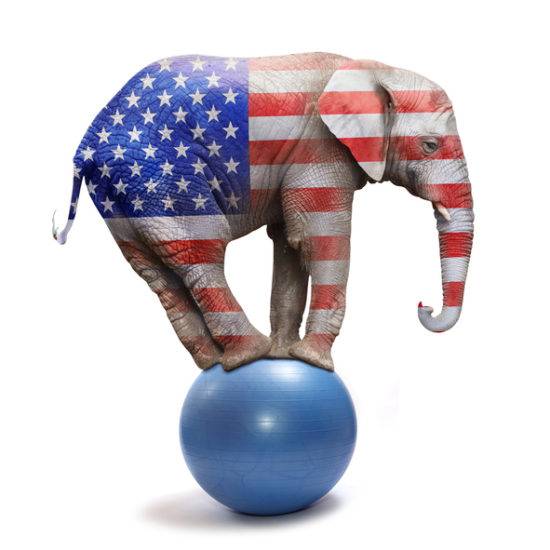A Republican proposal could see U.S. states effectively banned from regulating self-driving cars and make the U.S. National Highway Traffic Safety Administration (NHTSA) the lead agency for all autonomous vehicles.
States are currently allowed to create their own rules and regulations for self-driving cars. That has led to several states legalizing parts of self-driving, in an attempt to lure automakers and tech firms into their state, before any national regulations are in place.
See Also: How are connected cars moving out of the lab and onto the highway?
That has also made the landscape rather confusing for companies wanting to deploy self-driving cars in multiple states. Learning each state’s regulations takes time and some, like California, want far more data publicized than Michigan or Arizona.
The draft legislation would allow the U.S. Transportation Department to exempt 100,000 vehicles per year from the current vehicle safety rules, according to Reuters. Self-driving participants would also be able to keep all data confidential, instead of publicizing it, which they currently have to do in states like New York and California.
Both of the moves are sure to excite the auto and tech industry, which want to have greater access to public roads and keep their data and analytics private. General Motors and Tesla are thought to be lobbying for the bill’s introduction in the U.S. House of Representatives.


















